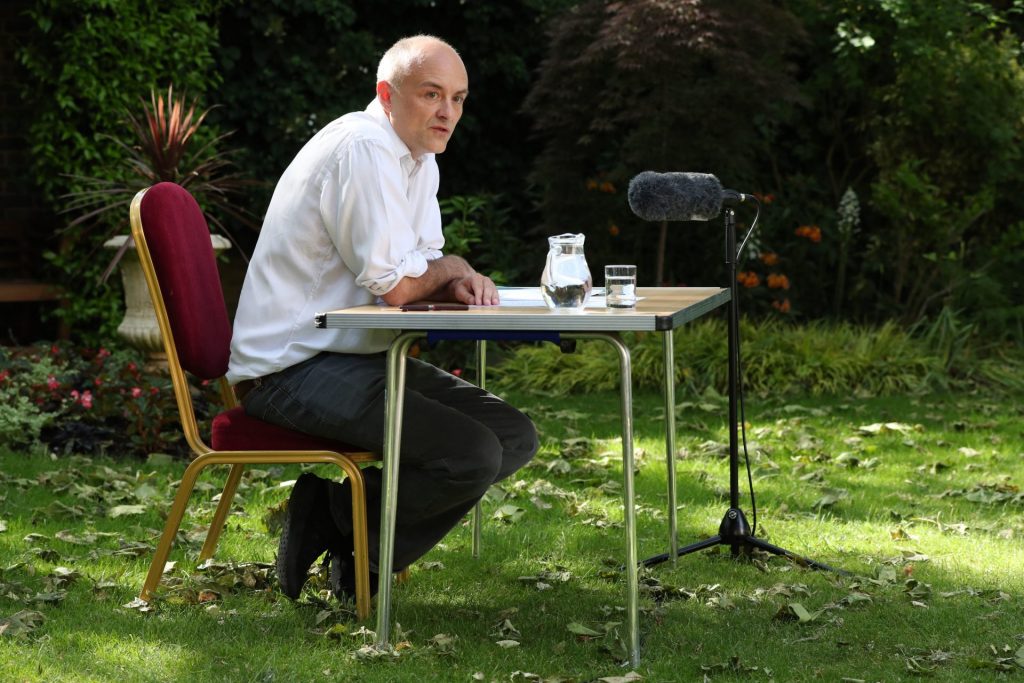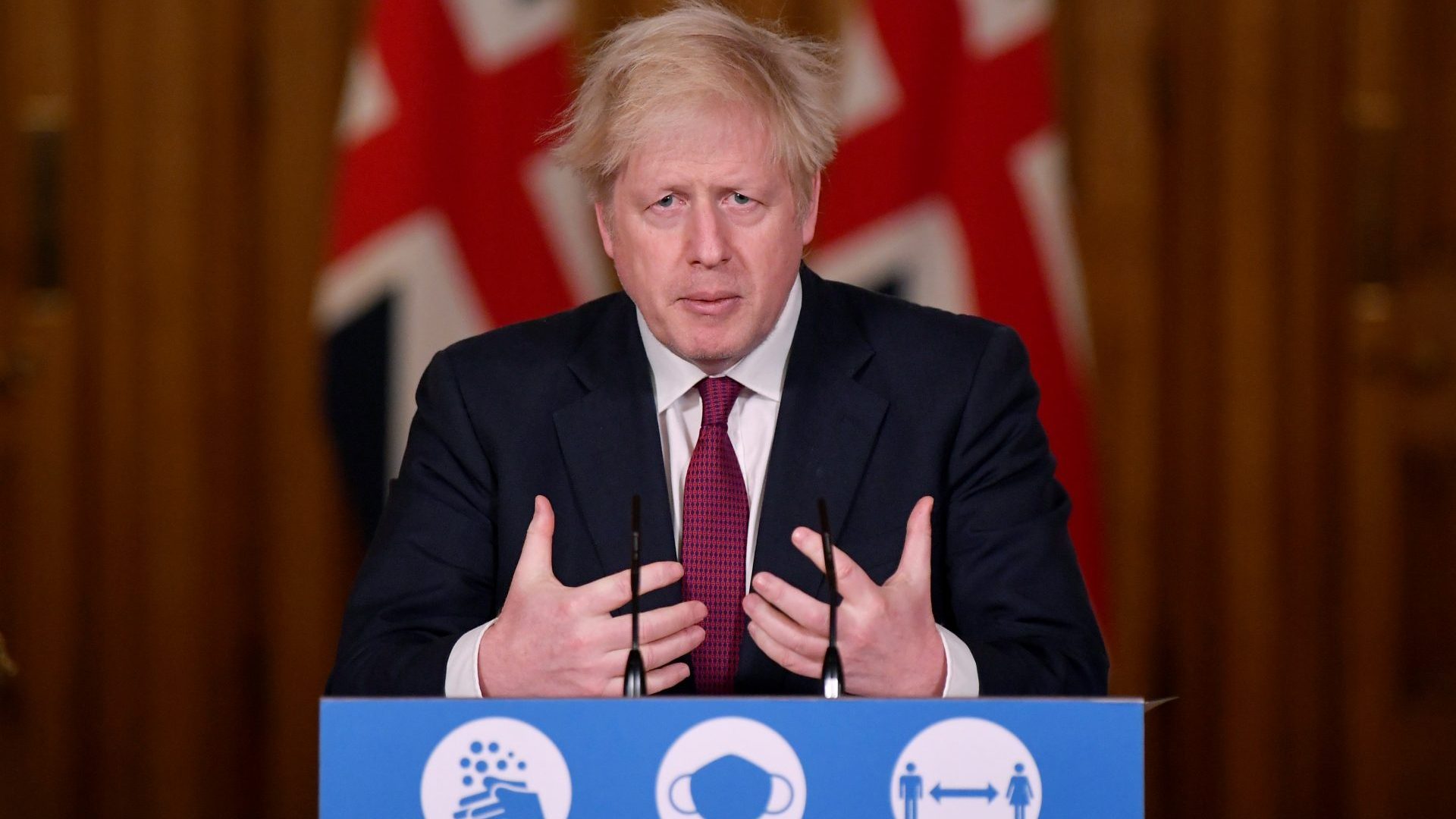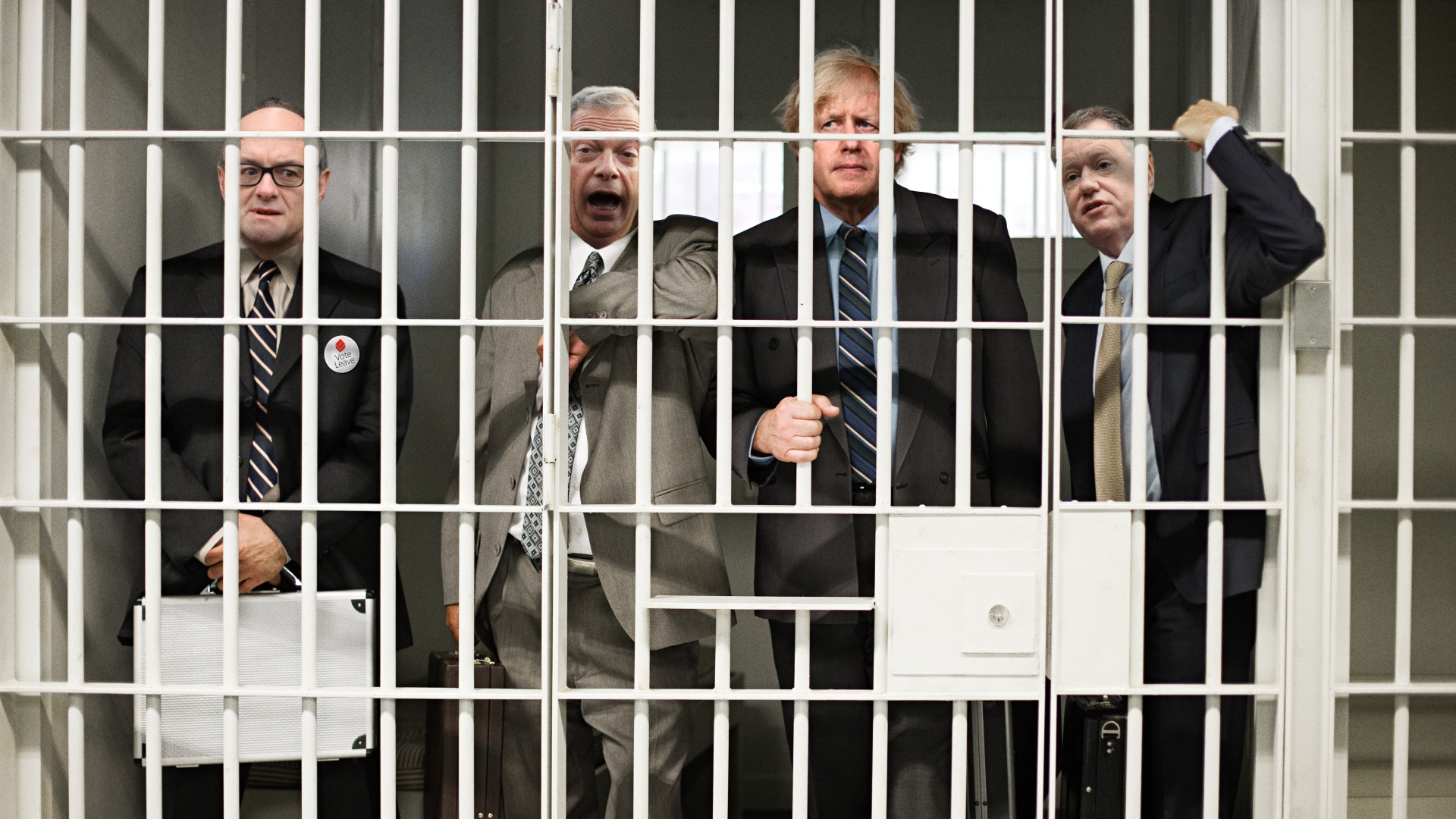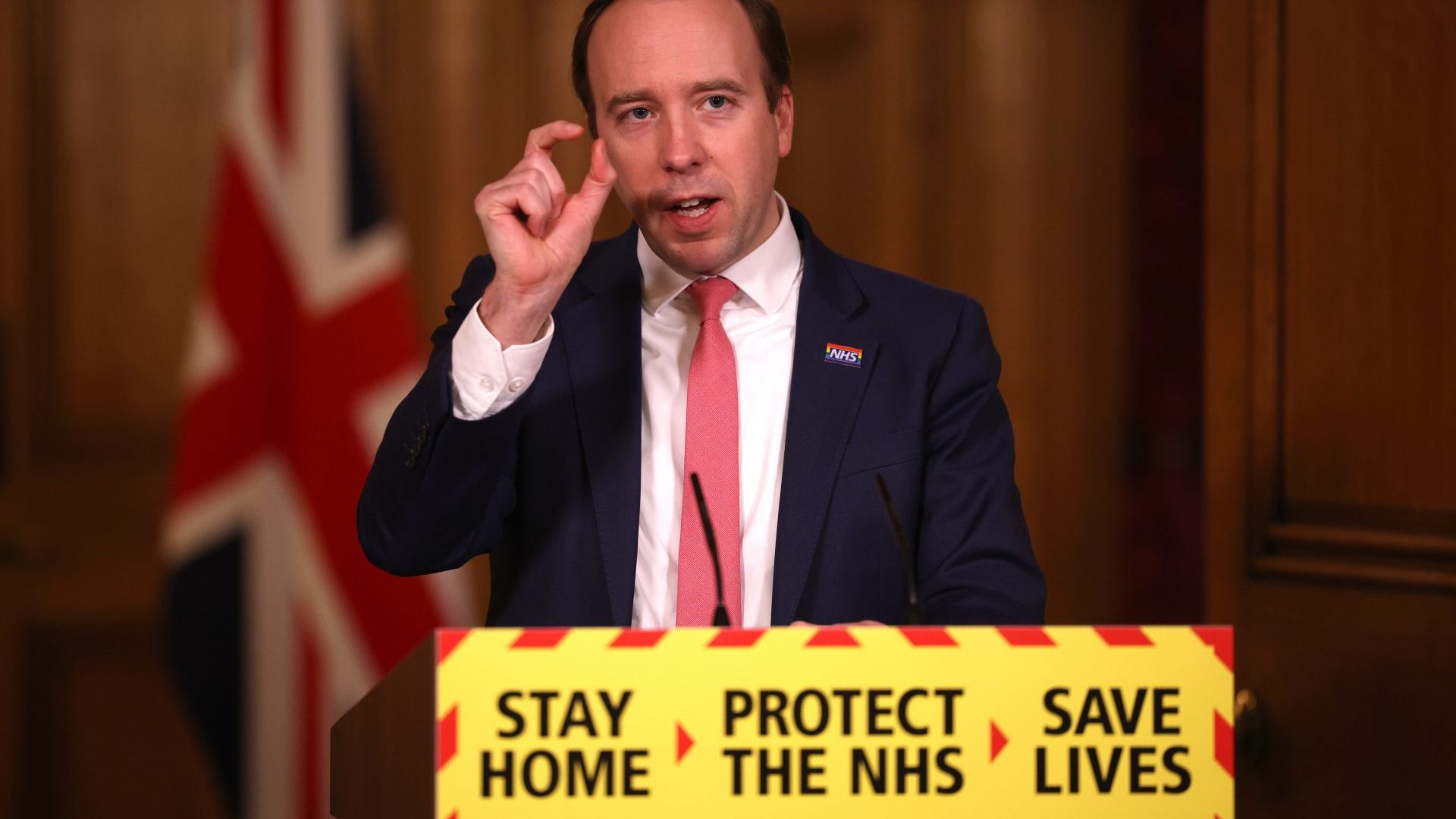Let the bodies pile high. Let it rip. Let people die. Old people should accept their fate. They’ve had a good innings. They are going to die soon anyway. Here were our leaders speaking during the Covid pandemic, and what they said was shocking.
It was a time when Carrie was running the country, when Downing Street was a hive of “tragic chaos”, scene of a “dystopian nightmare” where rules were broken every single day, where incompetent ministers who lied at will claimed the authority to play God, and where advisers indulged in an orgy of narcissism and fostered a toxic culture of misogyny.
When the chancellor (now prime minister) introduced with great fanfare an Eat Out to Help Out scheme that led to a spike in infections without even mentioning it to the experts advising on the spread of the virus and measures to contain it.
When overseeing it all was a man incapable of making a decision and sticking to it, a man bamboozled by statistics and numbers, a man hiding behind “the science”, which he patently didn’t understand.
Such is the tapestry that has been woven by scientists and SPADs in the second phase of the Covid inquiry, an inquiry looking into how our country dealt with a virus linked to the deaths of nearly a quarter of a million people. A virus that is still a factor in 300 deaths a week. There has been so much sensational and scandalous material that editors have been spoilt for choice, with the dominant threads Boris Johnson’s vacillation and the perception that he didn’t think old people’s lives mattered.
The language used by Johnson – and Rishi Sunak – on that subject was shocking by any measure. But not shocking enough to make the front pages of the Tory press. Possibly because they agreed with the sentiments, though they would recoil from putting them so brutally.
Nor have the Telegraph, Mail, Express or Sun felt it necessary to shine too much light on the accusations of prime ministerial dithering; who lobbied for or against lockdown is so much more interesting. The Mail and Telegraph are particularly exercised about that, having argued against lockdowns throughout the pandemic and beyond, while the Express and Sun shy away from anything that shows the Conservative government in a less-than-brilliant light.
So readers of almost every title were spared the trauma of learning what Prof John Edmunds had to say – that around 20,000 people died who might not have done had Johnson and Sunak paid more heed to Sage committee members and less to anti-lockdown professor Carl Heneghan in the autumn of 2020. Heneghan gave evidence immediately after Edmunds and, to be fair, little of what he said was reported widely either (Sunak being described as “Dr Death” by the woman who is now his chief scientific officer was a much more engaging angle). But the Telegraph subsequently ran three comment pieces defending Heneghan and attacking his treatment by the inquiry counsel.
Last Saturday, the Mail’s Quentin Letts joined in with a 2,000-word Saturday essay denouncing the entire exercise as a grotesque circus to enrich lawyers and help no one, least of all the families of those who died. He agreed with the Telegraph not only about the way Heneghan was questioned – which was certainly less deferential and more brusque than the way Edmunds was treated – but also with the Telegraph’s suspicion that the inquiry’s conclusions were pre-ordained: that lockdown was right, came too late and that Johnson was the villain.
The whole thing had become political, “a vehicle for a hygienic administrative class for whom lockdown was a clean, comprehensive reassertion of control”, the mandarinate’s revenge for Brexit and the Tory landslide of 2019.
It is, of course, quite legitimate to question the cost and approach of the lawyers – there did seem to be quite an obsession with saying as many rude words as possible. And that’s the thing about there being such a rich seam to mine: you can concentrate on whatever matches your agenda and ignore the inconvenient bits – if necessary, under the cover of “more important” stories, such as the war in Gaza, small boats, or the police apologising to Kate and Gerry McCann.
When Dominic Cummings gave evidence, the Times, i and Mirror splashed on Johnson allegedly saying “the old should accept their fate”, while the Telegraph, Express and Mail all turned on “toxic” Cummings. Not one of the five front-page headlines in the Mail mentioned Johnson wanting to leave the elderly to die. Nor, indeed, did any of the headings on three pages inside, which all concentrated on how nasty Dom was. Well, you can hardly make it a headline point if the then-prime minister regarding Covid as “nature’s way of dealing with old people” is nothing more than a throwaway sentence at the bottom of a 1,400-word story.
The Telegraph, which was more assiduous than most in reporting the early stages of this module, has had the sharpest eye for the stories that best suit its stance, serving readers headlines about “frightening the public”, focusing on evidence that lockdowns were “disproportionate, unsustainable and not effective”, and reporting that “Professor Lockdown” Neil Ferguson “knew” that the lockdown strategy was flawed and would do harm. There have been countless leaders and opinion pieces latching on to everything that bolsters its view that lockdowns were wrong, as well as repeated demands to know why the inquiry is not considering the wider health, economic and educational ramifications – echoed in Letts’s Mail essay. There’s an answer to that: this module is about the decision-making, not the results and repercussions of those decisions.

Ferguson is generally portrayed as having promoted the lockdown policy, but he actually told the inquiry that he had merely presented the government with various scenarios. There was, he said, a “Chinese wall” between Sage and the government, so that the committee was working in the dark and given no clue as to ministers’ thinking or planning. That section of his evidence proved of more interest to the Guardian than the Telegraph.
The Guardian is just as capable of playing the “agenda” game. On the day everyone was ignoring Edmunds in favour of Dr Death, its chosen angle was that documents had been released in which James Slack – a former Mail political editor who had become Johnson’s spokesman – said that the Mail and Telegraph had been agitating for an end to lockdown and for people to get back to the office because they were desperate to revive their flagging circulations. (Slack is now the Sun’s deputy editor and it was his leaving do that was held in Downing St the night before the Duke of Edinburgh’s funeral.) A bit niche – but not so niche that the Telegraph didn’t feel the need to write a leader defending itself against the allegations.
The Mirror is, as you’d expect, giving the most prominence to the allegations of chaos and incompetence, while the Times and i are playing straight bats. But the most refreshing approach comes from the plague-on-all-your-houses Daily Star. It was almost alone in highlighting Johnson’s reported Trump-like notion of blowing a hairdryer up your nose to kill the virus, and its “apology” to Britain for underestimating the government’s shambolic response to the pandemic will have echoed the thinking of millions.
The millions who did not rely on the Tory press for the full sorry picture, that is.




